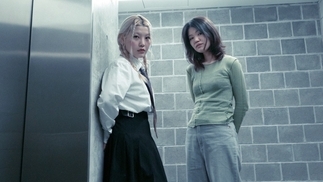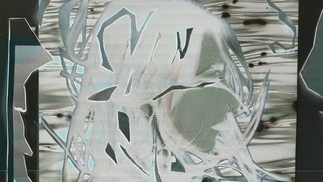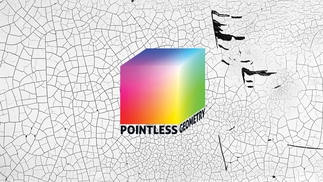Get To Know: Salamanda
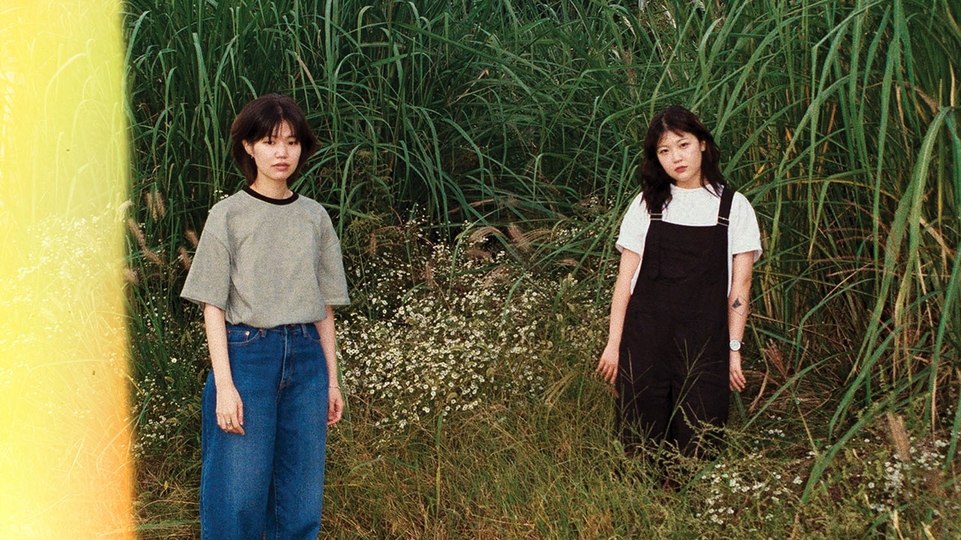
Get acquainted with Salamanda, the Seoul duo whose new album for Human Pitch is a dreamworld built from ambient soundscapes and minimal beats
It’s fitting that the title of Salamanda’s new album, ‘ashbalkum’, derives from a Korean phrase for the realisation that ‘reality’ is in fact a dream. An otherworldly, ambient masterpiece, the Seoul duo’s fourth LP — out now via Human Pitch — feels like a portal to a parallel universe, where truth and fantasy are one and the same.
“Our new album is inspired by Sala’s artwork,” says Manda (also known as Yetsuby), referencing a rudimentary sketch of a bathtub filled with multicoloured rainbow water. “We imagined that the outside of the tub is the ‘reality’ and the water inside the tub is the ‘realm of dreams’. The person relaxing in the water is having the weirdest but sweetest time, before waking up and realising it was all just a dream.”
It’s not the first time that Salamanda have adapted an obscure concept as the basis for a musical project. On their last album, ‘Sphere’, for example, “each track is related to different kinds of sphere we found or imagined,” read the liner notes. “From the big round planet embracing every creature to dancing little bubbles underwater, fragments of ideas floating around, exploding tomatoes, and movement of lights flashing and tickling the eyes.”
This refreshing approach to production has led to Salamanda releasing some of the most captivating ambient music of the last few years — tapping into a richly textured sound that marries organic, real-world elements with those that appear to be from a different dimension altogether.
The pair, who first met as recently as 2018, come from starkly different musical backgrounds. For Manda, who began learning the piano at four years old, before going on to study composition at university, the journey to where she is now has felt like an entirely natural one. Sala, on the other hand, has no formal musical education, only deciding to pivot towards music after having an epiphany while studying in the UK.
“In most countries in Asia, you’re expected to have a very long vision towards the future,” explains Sala (also known as Uman Therma). “You plan your whole life out when you’re still very young. During my time in the UK, I realised I wanted to do more with my life, and that was when I began learning how to DJ and produce.”
The project began in the depths of lockdown, something that Manda describes as “lucky”, in a sense. “Before then, people were getting into very hard, fast dance music,” Sala elaborates. “Then suddenly everything shut down and people started listening to ambient — which of course benefitted us.”
After releasing four albums in the last three years, they now find themselves fully immersed in a Seoul music scene that’s enjoying something of a renaissance, propelled by a new wave of underground parties, DIY venues and, most unifying of all, Seoul Community Radio.
“It’s maybe not that big a scene compared to other cities, but it definitely features a lot of interesting people,” says Sala. “The experimental scene is really good here. There is a lot of genuine creativity.”
Looking ahead, Salamanda name soundtracking films as a long-term goal. Given their unique, visually oriented approach to making music, it’s no doubt something well within their capabilities. “Visuals are very important to us,” Sala agrees. “For most of our music we create a storyline. We want the listener to be transported to the Salamanda universe.”
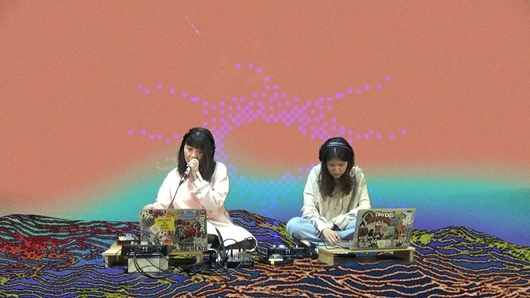
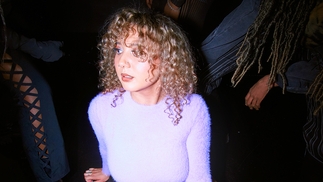
.jpg?itok=11KnKy70)
